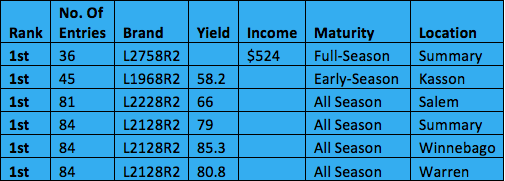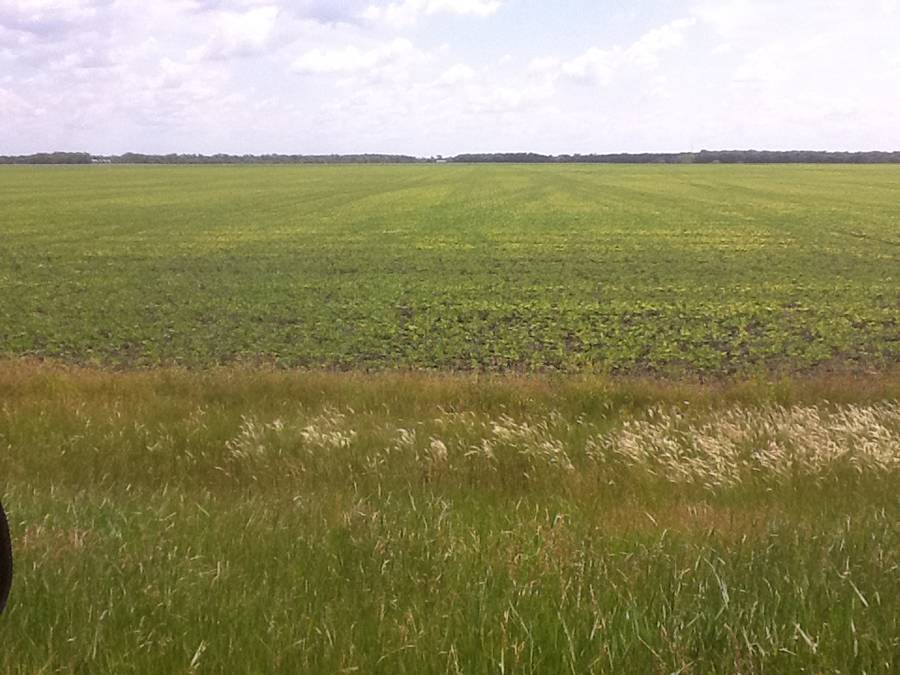Latham® IRONCLAD is Your Best Defense Against IDC
With warmer temperatures, soybean plants across the Upper Midwest are entering a rapid growth phase. It’s no wonder so many of our sales managers, in Wednesday’s #FromtheField crop updates, reported seeing signs of Iron Deficiency Chlorosis (IDC) symptoms now.
The most common symptom, interveinal chlrosis, is a yellowing of the leaf tissue between the veins while the veins themselves remain green. The yellowed portions eventually turn brown, and the entire leaflet may drop off the plant. If severe, entire plants can be stunted or even die causing major yield loss.
Although not completely understood by researchers, the most likely cause of IDC is a soil pH level above 7.3. Symptoms are severe in soils with pH levels of 7.8. However, soil pH alone may not be the only factor in limiting iron. Other factors are poor drainage, high soluble salt content and excess calcium carbonates.
Research has proven planting IDC-tolerant soybean brands is really the best management practice. To help farmers better identify those soybeans that have high tolerance to IDC, Latham Hi-Tech Seeds has designed a lineup of soybeans as IRONCLAD™.
Only a soybean brand that is Soybean Cyst Nematode resistant with an Iron Deficiency Chlorosis rating of 2.2 or better can earn the IRONCLAD designation. Depending on your specific needs, IRONCLAD brands must also protect against either White Mold or Sudden Death Syndrome with a rating of 2.2 or higher. Furthermore, these products must have strong defensive ratings against Phytophthora Root Rot and Brown Stem Rot.
IRONCLAD soybeans have been especially developed to withstand the high pH, high salt soils in our marketing area. Be assured these Latham brand soybeans have undergone thorough testing and are the best possible choices for fields with a history of severe Iron Chlorosis. Protect yield with Latham® soybean brands proven to have good IDC tolerance.
P.S. Just because these products are selected for their “defensive” characteristics, however, doesn’t mean you’re sacrificing yield. Check out our 2014 F.I.R.S.T. Trial results!
|
|

